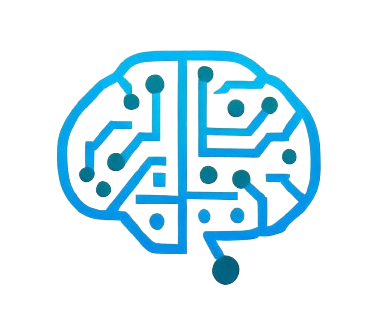A team of researchers from Google’s DeepMind project found that large language models (LLMs) have trouble generating truly funny jokes. They collaborated with stand-up comedians, asking them to use the LLM to develop stand-up programs, and shared their findings on the arXiv preprints server.
 Stand-up comedians usually need to write and perform their exercises on stage to be successful. These routines often consist of stories and jokes or depict humorous scenarios. Many comedians use outlandish or inappropriate statements to offer audiences new perspectives they may not have considered before. Professional comedians usually spend a lot of time refining their material and testing it with small audiences before performing in front of larger audiences or on television programs.
Stand-up comedians usually need to write and perform their exercises on stage to be successful. These routines often consist of stories and jokes or depict humorous scenarios. Many comedians use outlandish or inappropriate statements to offer audiences new perspectives they may not have considered before. Professional comedians usually spend a lot of time refining their material and testing it with small audiences before performing in front of larger audiences or on television programs.
In this study, the DeepMind team wanted to investigate whether law masters can generate entire stand-up ro, not just individual jokes. To investigate this, they recruited 20 professional comedians who already had experience using the LLM. These comedians used the LLM to create an entire program and then evaluated the results. Researchers have found that although masters can joke, most of them lack humor. The jokes were often generic and offered no element of surprise. In general, comedians believe that AI-generated jokes lack the edge that is usually needed to make jokes funny and have called them bland. However, some humorists found the LLM useful for building a basic foundation that they could then expand on with their own humor.
The research team concluded that the results were not surprising given that LLM developers use filters to prevent models from creating potentially offensive or inflammatory content.
